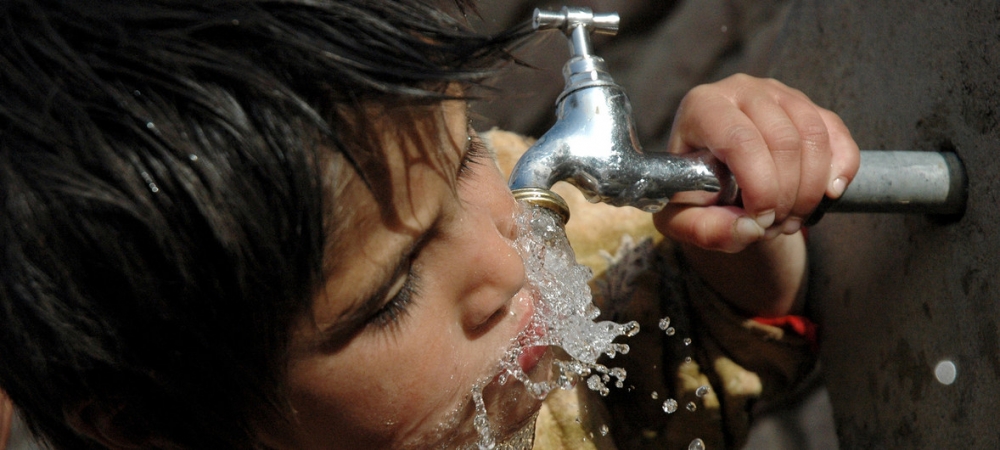Investment in water infrastructure needs to double, reports UN and World Bank

The United Nations and The World Bank released their report yesterday ‘Making Every Drop Count – An Agenda for Water Action’.
The report, produced by a High Level Panel on Water, aims to provide leadership in tackling one of the world’s greatest challenges: a water crisis.
The panel consisted of representatives from Australia, Bangladesh, Hungary, Jordan, Mexico, Netherlands, Peru, South Africa and the Republic of Korea.
Making Every Drop Count has called for a fundamental shift in water management around the world to ensure that goal 6 of the SDGs is met.
Goal 6 focuses on achieving clean water and sanitation for all. Ensuring this is achieved requires significant investment in infrastructure, sanitation facilities and an awareness of hygiene issues. Protecting land and restoring ecosystems such as forests is also critical.
The report highlights that 40% of the world’s population are affected by water scarcity, a figure that is expected to increase with climate change and rising global temperatures. If this is not addressed as many as 700 million could be displaced in the search for water by 2030.
In 2011, 41 countries experienced water stress, 10 of which are now close to depleting their renewable water sources. By 2050 the UN predicts 1 in 4 people will be affected by water shortages.
The report highlights that women and girls suffer disproportionately during times of water shortages and poor sanitation. This then affects their health and restricts work and education opportunities.
UN Secretary-General António Guterres commented:
“It is my deep belief that water is a matter of life and death”
Guterres highlighted the increasing frequency and severity of water-related natural disasters.
World Bank Group President Jim Yong Kim stressed that “the world can no longer afford to take water for granted.”
He added:
“The ecosystems on which life itself is based – our food security, energy sustainability, public health, jobs, cities – are all at risk because of how water is managed today”
The panel is advocating for evidence based policies and innovative approaches at the global, national and local scale to improve water management and an increased resilience of sanitation services.
Furthermore, the panel calls for a doubling of investment in water infrastructure over the next 5 years. Highlighting the need for partnerships between governments, communities, the private sector and researchers to achieve this.
Water is a key topic at a number of our upcoming events including the Africa Climate Smart Agriculture Summit taking place in Nairobi on 15-16 June 2018 and the AIDF Asia summit taking place in Bangkok on 20-21 June 2018.
If you’d like to stay informed on the latest updates in aid and development, please sign up to the AIDF newsletter.
Image credit: Imal Hashemi/Taimani Films/World Bank















